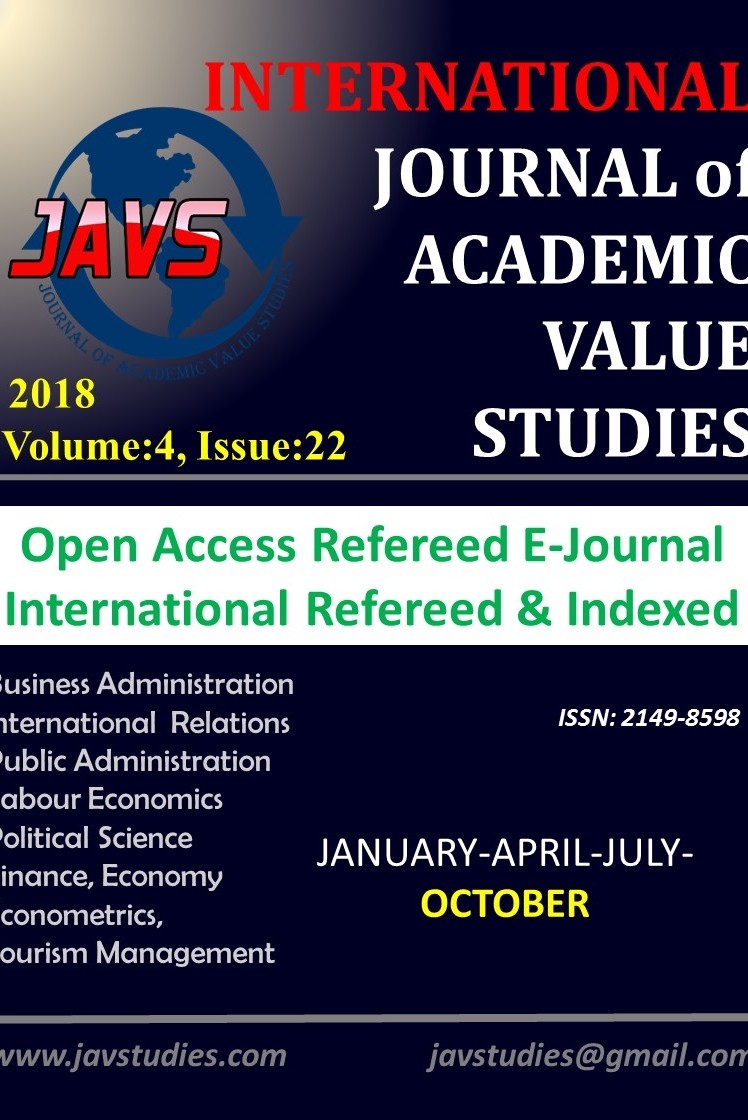AK PARTİ DÖNEMİNDE AB İLERLEME RAPORLARI BAĞLAMINDA SİVİL-ASKER İLİŞKİLERİNİN DEMOKRATİK DÖNÜŞÜMÜ
Türkiye’de ordu siyasetle her zaman iç içe olmus, dört askeri darbe ile sivil hükümetleri görevden düsürmüs ve olusturdugu kurumsal yapılanma ile siyasette etkin bir rol oynamıstır. Avrupa Komisyonu, 1998 yılından itibaren yayınlanmaya başladığı ilerleme raporları ile Türkiye’yi özellikle ordunun sivil denetime tabi olmadığı konusunda eleştirmiştir. 1999 yılında gerçekleşen Helsinki Zirvesiyle Avrupa Birliği’ne üyelik süreci başlayan Türkiye’de sivil-asker ilişkileri birçok anayasal reform ve kurumsal değişikliklerle birlikte büyük bir dönüşüm geçirmiştir. Bu bağlamda, DSP-MHP-ANAP koalisyon hükümeti ve Ak Parti hükümetleri silahlı kuvvetlerin demokratik kontrolünü sağlamak için önemli kurumsal reformlar gerçekleştirmiştir. Sivil otorite karşısında gerekli denetim ve kontrolden uzak, siyaset üzerinde vesayet yetkilerine sahip olan ordu geride bıraktığımız 18 yılda, gerçekleştirilen bu reformlar sonucunda sahip olduğu yetkilerin çoğunu kaybetmiştir. Bu çalışmada, Avrupa Birliği tarafından Türkiye’ye sunulan ilerleme raporlarıyla sınırlı kalınarak bu ilerleme raporlarında sivil-asker ilişkilerine dönük yapılan eleştiriler incelenecek ve Türkiye’de özellikle Ak Parti döneminde bu eleştirilere karşı yapılan yasal ve anayasal reformlarla ordunun siyasete müdahil olmasını sağlayan düzeneklerin (MGK gibi) nasıl zayıfladığı ele alınacaktır. Sonuç kısmında ise konuyla ilgili önerilerde bulunulacaktır.
EU Progress Reports in AK Party Period Democratic Transformation Of Civil-Military Relatıonship in Context
In Turkey, the military played an active role in politics with institutional restructuring, which has always been intertwined politically, with four military coups and civilian governments. The European Commission has been criticizing Turkey for its progress on the issue since 1998, especially when the military is not subject to civilian denial. With the Helsinki Summit that took place in 1999, the European Union began its membership process and civil-military relations in Turkey have undergone a major transformation with many constitutional reforms and institutional changes. In this context, the DSP-MHP-ANAP coalition government and the AKP governments have made important institutional reforms to ensure democratic control of the armed forces. In 18 years after leaving the army, which has the authority of guardianship over politics, far from the necessary supervision and control against the civilian authority, the majority of the powers which it possesses as a result of these reforms are lost. In this study, critics of civil-military relations will be reviewed in these progress reports, limited to the progress reports submitted to Turkey by the European Union and how the weakening of the constitutional arrangements (such as the MGK) in Turkey, especially with the legal and constitutional reforms made against these criticisms during the AK Party period, will enable the army to intervene in politics. In the conclusion part, suggestions about the topic will be made.
